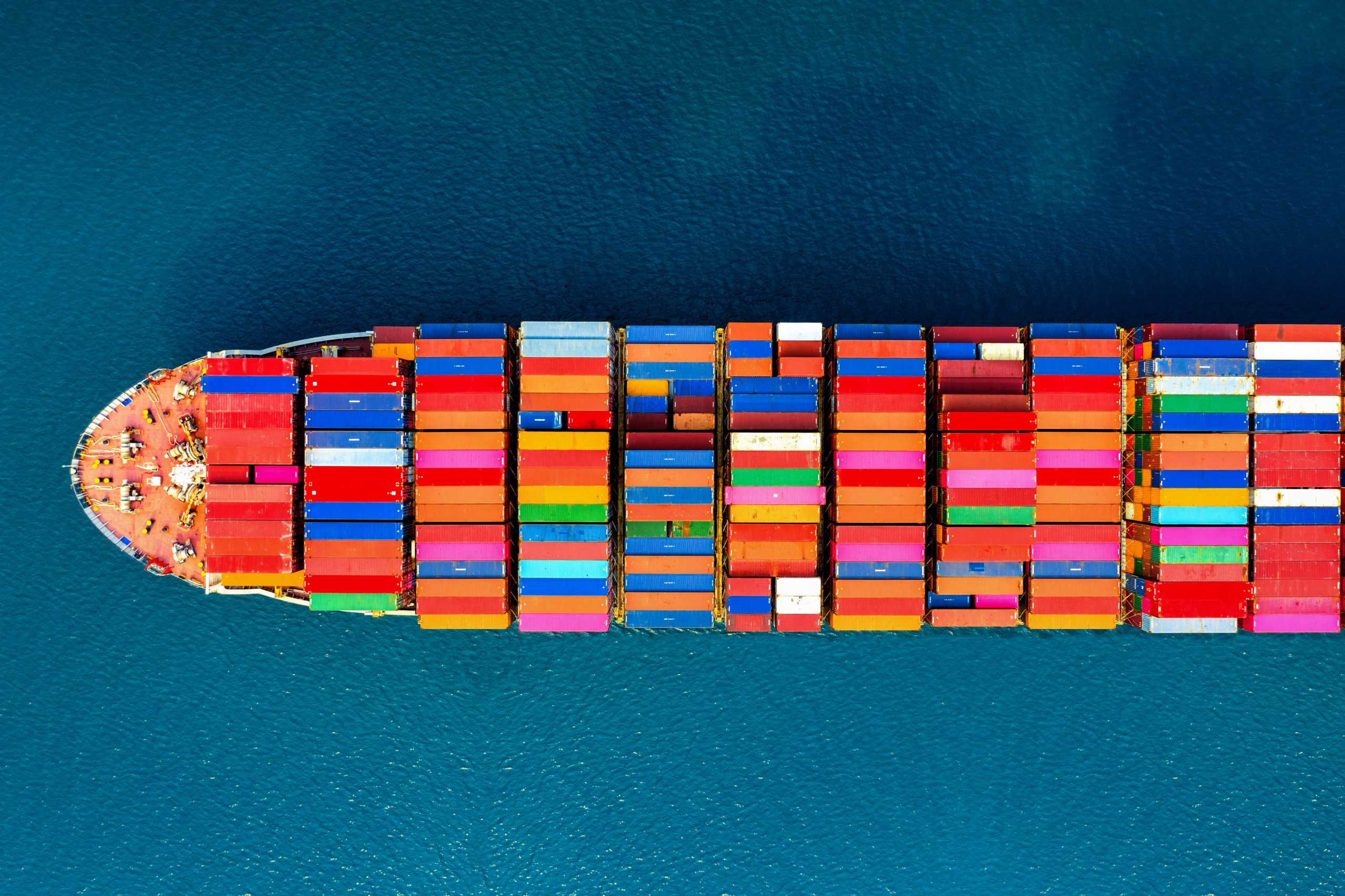More than a year-and-a-half since the onset of the pandemic, the pressure on the world’s supply chains has not abated as the vast network of channels – including ports and shipping vessels – relied upon to distribute goods remain in a perplexed state. The situation has caused shipping delays and skyrocketing freight costs – something that Jonathan Moss, head of marine and trade at DWF Group Limited – believes has “catastrophic” implications not just for the shipping industry, but also for businesses, consumers, and even insurance companies.
“The supply chain has faced major disruption globally due to the shortage of shipping containers, particularly since the COVID-19 pandemic,” said Moss. “With factories closing and transportation coming to a halt, many empty containers have been left at ports and the amount of vessels at sea dramatically reduced. Further, tighter restrictions, minimal staff, together with a backlog of containers, have caused catastrophic problems for the shipping industry.”
Moss added that while China – where the majority of the world’s shipping containers are exported from – has recovered from the initial effects of the pandemic, only a relatively small number of shipments have arrived at their rightful destinations due to strict lockdown procedures in the US and the EU.
The “perfect storm” of the Suez Canal blockage in March and other pandemic-related events like the partial shutdown of China’s Ningbo-Zhoushan Port – the world’s third busiest port – for two weeks last August after a dock worker tested positive for the coronavirus did not help the industry’s cause either, he added.
“These caused significant delays for shipments, adding weeks and sometimes months to the cargo delivery time as ports were closed or operated with a skeleton workforce,” he said.
While Moss admitted that the brunt of the impact would be felt more by freight companies, retail businesses, and consumers, he said insurance companies would not escape the effects of these disruptions.
“Marine insurers will feel the pain with notifications across various insurance lines as vessels are delayed, cargo is undelivered, contaminated and lost, with consequential losses and business interruption losses claimed along the way,” he said.
For businesses and consumers, Moss said the impacts “are far more wide-reaching.”
“Serious delays have meant freight companies paying over the odds to receive shipping containers quicker than their competitors,” he said. “Freight costs have soared from early 2021 to now and the cost of shipping cargo from China to Europe has quadrupled.”
The latest data from London-based Drewry Shipping’s world container index revealed that the composite cost of shipping a 40-foot container on eight major East-West routes hit $10,374.64 (about £7,618) in the week to September 16, up 323% from a year ago.
“Consumer shopping has also been impacted,” Moss added. “The usual steady supply of goods has been interrupted for many businesses as vessels wait to load cargo at overcrowded ports, particularly in China and the US… Container imbalance, together with a shortage of containers, is hurting global trade. Containers are building up in some ports and unavailable in others causing bottlenecks, adversely affecting buying patterns and driving up prices in the shops.”
However, Moss admitted that he did not see a “quick resolution” to the crisis.
“It will take time before supply chains can be back on track globally,” he said. “While there are suggestions that the shipping industry cannot keep up with global demand, improvements are being made. Key players in the supply chain are discovering ways the operation of vessels can become more resilient to unexpected change, including by the adoption of organisational changes, enhanced logistics operations and blockchain technology for smart contracts, approvals and customs clearances.”
To view the original article and related stories please click here
For more information on insuring your business or if you have more questions you’d like answered, contact us today for a chat about your insurance needs and goals.
General Advice Warning: This advice is general and does not take into account your objectives, financial situation or needs. You should consider whether the advice is appropriate for you and your personal circumstances. Before you make any decision about whether to acquire a certain product, you should obtain and read the relevant product disclosure statement.
Clear Insurance Pty Ltd. ABN 41 601 916 689. AFSL No. 548953.





